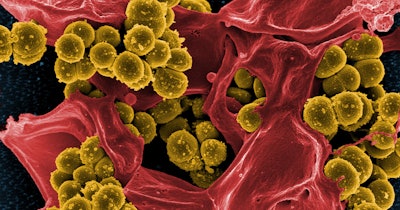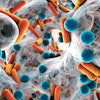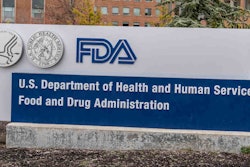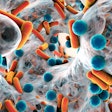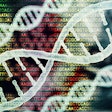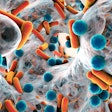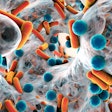Harvard University researchers say they have created an antibiotic that can overcome many drug-resistant infections.
The synthetic compound, cresomycin, kills many strains of drug-resistant bacteria, including Staphylococcus aureus, Escherichia coli, and Pseudomonas aeruginosa, according to a report in Science.
“While we don’t know yet whether cresomycin and drugs like it are safe and effective in humans, our results show significantly improved inhibitory activity against a long list of pathogenic bacterial strains that kill more than a million people every year, compared with clinically approved antibiotics,” Andrew Myers, Amory Houghton professor of chemistry and chemical biology, told Harvard Gazette.
Many existing small-molecule antibiotics target the bacterial ribosome, but some bacteria have developed ways to prevent antibiotics from binding to ribosomes, which has made some commonly used antibiotics ineffective. Bacteria can develop resistance to ribosome-targeting antibiotic drugs by expressing genes that produce enzymes called ribosomal RNA methyltransferases.
Myers and colleagues, including Kelvin Wu, of Harvard’s Department of Chemistry and Chemical Biology, designed a molecule with an improved ability to grip onto bacterial ribosomes, described as “pre-organized” for ribosomal binding.
The binding mode was confirmed in computational, structural, and biochemical experiments, the authors report.
Cresomycin exhibits in vitro and in vivo efficacy against both Gram-positive and Gram-negative bacteria, including multidrug-resistant strains of S. aureus, E. coli, and P. aeruginosa.
The work draws inspiration from the chemical structures of lincosamides, a class of antibiotics that includes the commonly prescribed clindamycin.
The Andrew G. Myers Research Group at Harvard is engineering synthetic antibiotics that directly target bacteria which cause lower respiratory tract and skin and soft tissue infections, a major cause of deaths worldwide. The group recently received a $1.2 million grant from Combating Antibiotic-Resistant Bacteria Biopharmaceutical Accelerator (CARB-X), a global nonprofit partnership led by Boston University.
The CARB-X award supports the development of enhanced lincosamides and advancing compounds through preclinical profiling studies.
“This advancement in research in antibiotics has the exciting potential to combat drug-resistant bacteria, with promise of major impact on global health,” Myers said.
Myers’ group has also received support from Harvard’s Blavatnik Biomedical Accelerator, which aims to support innovative research.
